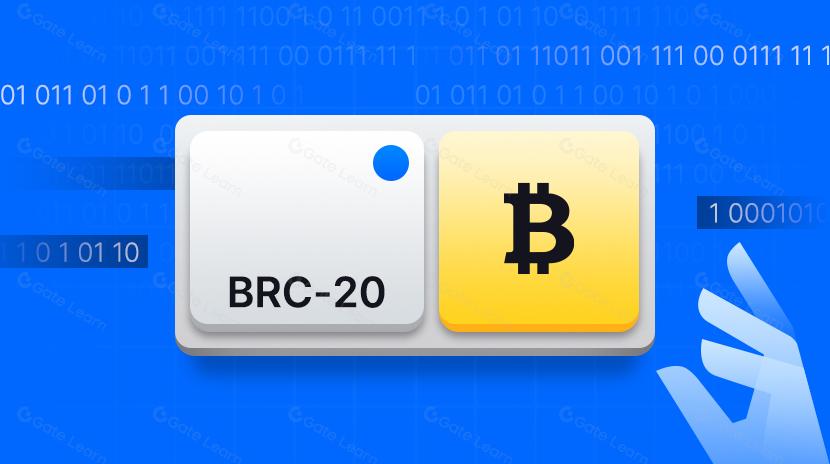Ibit Price

IBIT (iShares Bitcoin Trust) is a spot Bitcoin ETF product launched by BlackRock, the world's largest asset management company. The IBIT price directly reflects the market's valuation of Bitcoin and investor demand for this cryptocurrency ETF product. As an institutional-grade investment vehicle, IBIT allows traditional financial investors to gain exposure to Bitcoin price movements without directly holding the cryptocurrency, thus participating in the cryptocurrency market within a regulatory compliant framework.
Market Impact of IBIT Price
The IBIT price has profound implications for the cryptocurrency market:
- Enhanced market liquidity: IBIT's trading volume increases the overall liquidity in the Bitcoin market, making large transactions easier to execute with less price fluctuation.
- Facilitation of institutional capital inflow: As a regulated investment product, IBIT lowers the barrier to entry for institutional investors, accelerating the flow of traditional financial capital into crypto assets.
- Optimization of price discovery: Arbitrage activities between IBIT and spot Bitcoin markets help establish a more accurate price discovery mechanism.
- Market sentiment indicator: The premium or discount of IBIT is often viewed as a barometer of market expectations for future Bitcoin trends.
- Portfolio diversification tool: IBIT provides financial advisors and asset managers with a compliant channel to include Bitcoin exposure in client portfolios.
Risks and Challenges of IBIT Price
Investors focusing on IBIT price should understand the following risk factors:
- Underlying asset volatility: Despite investing through an ETF structure, IBIT price still inherits Bitcoin's high volatility.
- Tracking error risk: IBIT price may deviate from actual Bitcoin prices due to management fees, liquidity differences, and market information asymmetry.
- Regulatory uncertainty: The regulatory environment for cryptocurrency ETF products is still evolving, and policy changes could significantly impact IBIT prices.
- Custody and security risks: The Bitcoin held by IBIT faces potential cybersecurity threats, although BlackRock employs stringent security measures.
- Market manipulation concerns: Large transactions by major institutions through IBIT could have short-term effects on Bitcoin market prices.
- Competitive product pressure: Competition with other Bitcoin ETF products on management fees and liquidity may affect IBIT's market share and price performance.
Future Outlook: What's next for IBIT Price
The development prospects for IBIT price can be predicted from several aspects:
- Increased market penetration: As more retail and institutional investors accept crypto assets, IBIT's trading volume and asset size are expected to grow consistently.
- Potential product innovation: BlackRock may expand its cryptocurrency ETF product line, including launching ETFs for other crypto assets or structured products.
- Intensified fee competition: With market competition, IBIT and similar products may face pressure to reduce management fees, affecting their revenue and long-term development.
- Market consolidation trend: The crypto ETF industry may experience consolidation, with a stronger-get-stronger pattern likely to emerge.
- Enhanced price stability: As the market matures and participants diversify, IBIT price volatility may become more moderate, though still influenced by Bitcoin fundamentals.
- Cross-border ETF expansion: Bitcoin ETF products similar to IBIT may receive regulatory approval in more countries and regions, expanding global investors' indirect exposure to Bitcoin.
IBIT price, as an important indicator of Bitcoin investment democratization, represents not only a milestone in the integration of cryptocurrencies into the traditional financial system but also reflects the market's recognition of digital assets as an emerging asset class. By providing a regulated, transparent, and easily accessible Bitcoin investment channel, IBIT is helping to build bridges between cryptocurrencies and traditional finance, enabling a broader group of investors to participate in the development of this innovative asset class.
Share
Related Articles

In-depth Explanation of Yala: Building a Modular DeFi Yield Aggregator with $YU Stablecoin as a Medium

BTC and Projects in The BRC-20 Ecosystem
